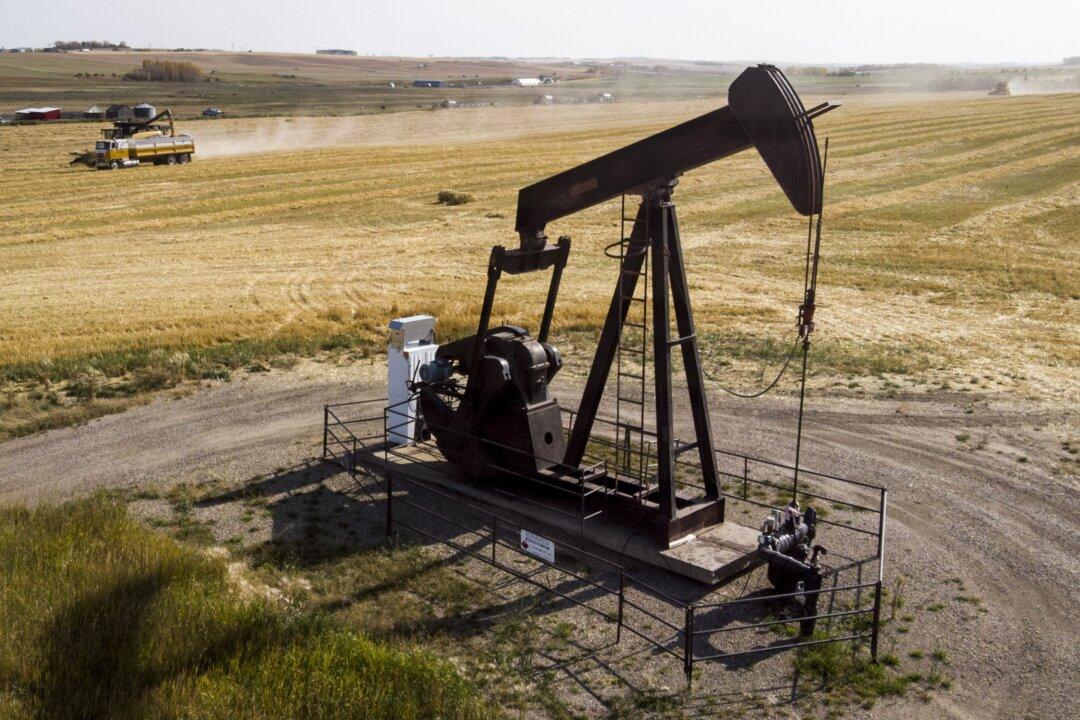Although companies and provincial royalties are poised to break records, high oil prices have inspired only moderate enthusiasm in Canada’s oilpatch, and new drilling will be minimal.
ARC Energy Research Institute estimates that for the Edmonton Par oil benchmark, the average price of a barrel will be $122.64 this year—nearly twice the average price of $62.42 in 2017. Yet, although over 7,000 wells were drilled that year, only just over 6,000 are expected to be drilled in 2022.





